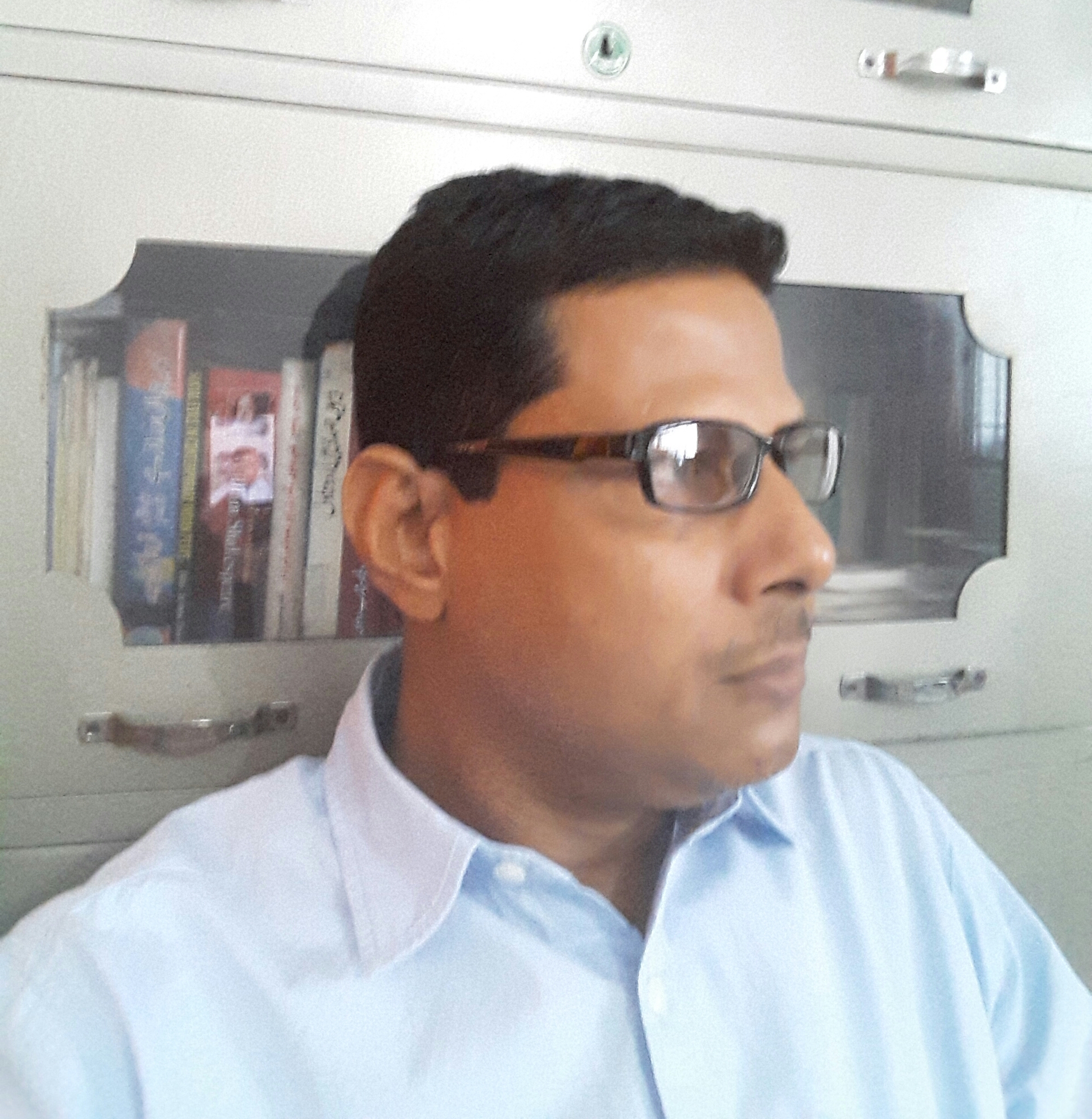
Shamsur Rahman Faruqi an unparalleled critic
by, Meraj Rana
I have no hesitation in saying or writing here that Shamsur Rahman Faruqi was not just the name of a person, but the name of a bright institution of knowledge and wisdom.
From this point of view, his death is not just the death of a person, but it is the death of an institution of knowledge and wisdom that he himself created.
There are so many divisions and aspects of his personality that if we talk about them here a little bit, you can be sure that it can become one of the longest books.
Critic, fiction writer, lexicographer, and literary journalist, etc., are prominent some of the aspects of his scholarly personality. His literary career began at a time when there was a huge body of literature and criticism under the influence of Marx’ political philosophy.
Every writer considered it a matter of pride to adhere to either traditional or Marxist ideology. It seems that respect for ideology was more important to him than respect for their creative self and literary values. The feeling of boredom and suffocation was taking literature in a direction where the colorfulness of meaning was replaced by subject.
Consequently, a kind of monotony began to emerge in literature. It cannot be said here that some writers did not have the desire to be free from this intellectual similarity, but they never expressed this desire with confidence.
This was the time when Mr. Faruqi, with all his scholarly and literary potentialities, appeared on the scene of modern literature.
As a graduate of English literature, he wrote an essay on Wordsworth, a great English Romantic poet, in his early days, which was probably his first essay. He had submitted the article for publication in the Delhi-based monthly Aaj kal (آج کل), but the editor returned the article saying that it was not in touch with our critical tradition.
The point of writing this story here is simply that the editor, who had returned it as anonymous, did not know that Viktor Shklovsky, a great critic of Russian formalism, had constructed a great edifice of the same philosophy of anonymity. Later, new criticism also became a major source.
This may be the reason why Mr.Faruqi started publishing the monthly Shabkhoon (شب خون) from Allahabad in the sixties.
Shab Khoon was not just a magazine in which literature and criticism were published like ordinary magazines, but it was like a Platonic academy with Faruqi’s scholarly signature on every page. This means that only those writings were published in which there was a possibility of refuting any myth or assumption.
As long as Shab khoon was coming out, Faruqi never compromised with this method. The main purpose was to inspire the classical tradition of Urdu literature and the meaning of modern literature in the light of modern attitudes.
Some people were in the forefront of spreading this misconception that Mr.Faruqi had taken out Shab khoon in opposition to progressivism, when in fact he wanted to create new literary poetics through it. Obviously, when he was at the peak of his consciousness, the sun of modernity was rising in Urdu literature.
Modernity was in fact a literary movement based on creative tendencies, which some of our progressive scholars began to consider as a political party standing in opposition to it but the fact is that modernity was not a political movement based on collective consciousness like progressivism, but there was a tendency to emphasise the freedom of the creative self. Here the emphasis was on the attitude of understanding and explaining one individual to another and one creation to another.
With the publication of Shab khoon, the publication of modern attitudes also became possible. Obviously, in view of modernity, progress movement was its literary and critical capital, so it reluctantly became the target of modernity.
When we refer to modernity in reference to Mr. Faruqi, the question must be asked whether the same form of modernity was established in our country as it did around 1920 or in 1941 in John Crow’s book New Criticism was published in the West?
The question cannot be answered in the affirmative. Modernity here was not the product of this Western concept, but the study of its poetic and literary tradition in relation to this concept. It is inappropriate to interpret modernity in Urdu as a whole.
In our country, modernity was a literary situation that insisted on trends that were directly related to the inner world of the individual. There is no tendency to be intimidated by the West, nor is there any imitation of any philosophy, but there are debates of understanding everywhere, which are based on pure scientific logic. The main premise of his criticism is based on inquiry.
Therefore, no ideology or philosophy interrupts him unnecessarily. This means that when Mr.Faruqi raises a question about a creation, he is already aware of all the possible answers. Therefore, in his case, the whole argument of criticism seems to be meaningful as opposed to the formation of ideology.
The greatest attribute of Faruqi’s criticism is textual centralism. That is why the semantic interpretations of one creative text appear in other creative texts.
He was not in favour following any popular opinion in the criticism, but he was convinced of the argumentative argument in rejecting the popular opinion so that the reader could have an open space in which they could read and understand a work of art with complete freedom.
The violent attitude of rejecting the literary canon or certification that is prevalent everywhere is evident in him. With this critical approach of his, on the one hand, in the search for meaning, on the other hand, due to the growth of literary taste and newness seems to be possible.
There is also the appearance of the reader who is mentally very dynamic and active. Perhaps this is because Faruqi does not have the critical attitude of intimidating or threatening the reader like Hassan Askari or Kaleemuddin Ahmed, but has a kind of attitude of surrender. This is where criticism finds creative sanctity. And this creative sanctity is present everywhere in the criticism of Shamsur Rahman Faruqi.



